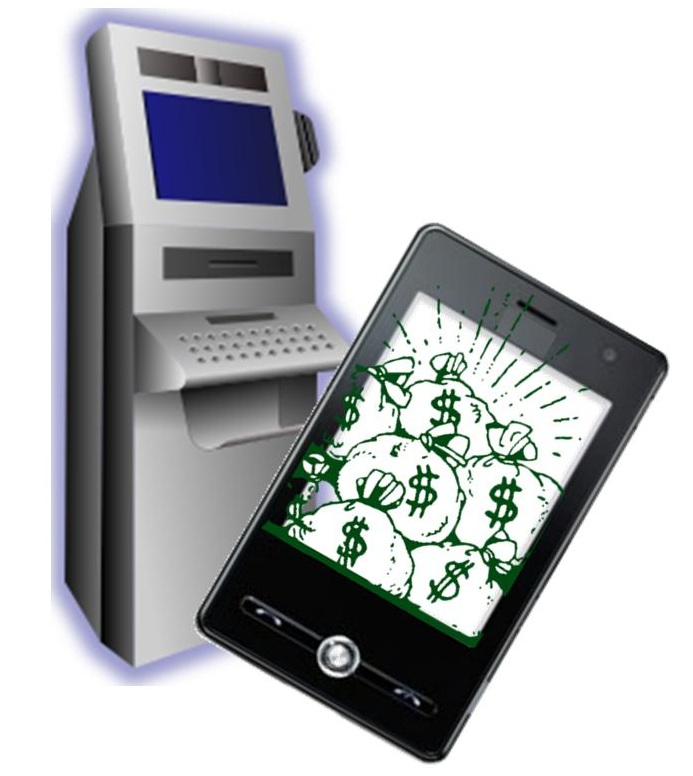The trial is scheduled to run for three months in order to investigate its potential successes.
A number of banks in the Netherlands, including Rabobank, Amro, ING, and ABN, are working with MasterCard, the city of Leiden, and KPN (a mobile operator), in order to launch a new mobile payments program.
According to a news release, it will involve the participation of 150 different businesses in the city.
The mobile payments trial will also include 1,000 customers. It started on September 2 and will be carefully monitored by all of the involved parties to examine its potential in the country. In order to help to prepare for the program’s soft launch, UL, a security transaction provide, gave its assistance.
Participants in the mobile payments trial will be provided with the technology they need to use it.
 These 1,000 individuals are being given free Samsung Galaxy Express devices that have their own banks’ app pre-loaded for their use. This helps to make sure that the participating banks, city, and other organizations will know that the participants have the necessary devices and applications to be able to use the mobile payments transactions when they want to.
These 1,000 individuals are being given free Samsung Galaxy Express devices that have their own banks’ app pre-loaded for their use. This helps to make sure that the participating banks, city, and other organizations will know that the participants have the necessary devices and applications to be able to use the mobile payments transactions when they want to.
According to the partners within the news release, “An extremely varied selection of businesses are taking part, ranging from smaller shops to large retail chains, including department stores, supermarkets, retail outlets and bars and restaurants.” This will help the organizations to be able to gain a better understanding as to when and where the mobile payments are being used by the participants in the trial program.
It was also pointed out that the Dutch railway company, NS, as well as the shops within the city’s railway station will also be taking part in the introduction of the mobile payments solution. The news release explained that “After the introduction period, each bank will determine individually whether, and how, it will offer this form of payment to customers.”
Many countries are beginning to make broad scale efforts to introduce mobile payments and encourage the use of these transactions so that they can take even greater steps toward cashless societies.

 Consumers may have more confidence in mobile commerce if banks get involved
Consumers may have more confidence in mobile commerce if banks get involved